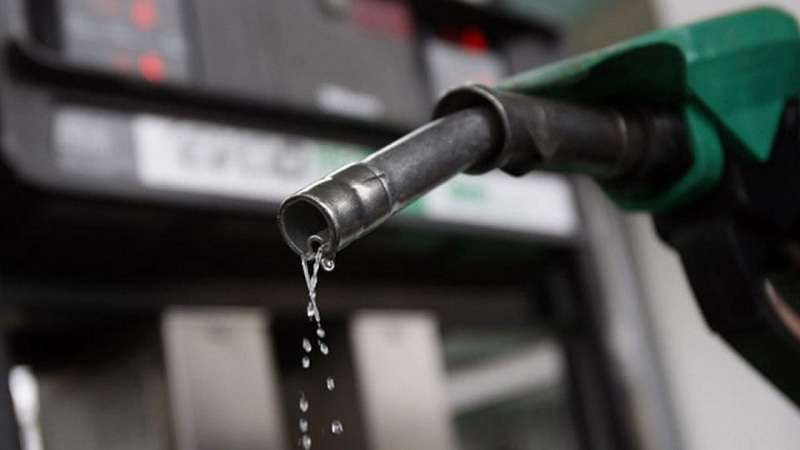Pakistan is poised to adjust petroleum prices for the second half of April 2024 amidst escalating tensions following Iran’s drone attacks on Israel. The revised prices, to be announced on April 15, 2024, will remain in effect until the end of the month.
In the early hours of April 13 and 14, Iran launched a series of drone attacks on Israel in retaliation for the killing of its senior envoy and others in an Israeli attack. This aggressive move by Iran has sent shockwaves through international oil markets, triggering concerns of supply disruptions and pushing prices to a six-month high, reminiscent of levels last seen in October.
The heightened geopolitical tensions in the Middle East, particularly between Iran and Israel, have fueled anxieties over a potential wider conflict. This has led to a surge in oil trading activity globally, with the benchmark Brent crude surpassing $92 a barrel.
Pakistan, heavily reliant on imported fuel to meet its domestic energy needs, faces the brunt of these international developments. Any spike in global oil prices directly impacts local prices, posing challenges for consumers and the economy at large.
In the recent fuel price revision on March 31, 2024, the government opted to maintain prices for the first half of April despite rising global crude rates. The current petrol price stands at Rs 289.41 per liter, reflecting an increase of Rs 9.66 per liter, effective from April 1 to April 15, 2024. Conversely, prices for high-speed diesel (HSD) have experienced a slight reduction by Rs 3.32 per liter during the same period, offering marginal relief to consumers.
The decision to stabilize petrol prices while adjusting HSD rates downward aligns with the government’s policy of managing domestic prices in accordance with international market fluctuations. The Finance Division confirmed the implementation of the new fuel prices, attributing the rise in petrol prices to corresponding increases in global markets.
Pakistan’s economy, already grappling with challenges such as a balance of payments crisis and inflationary pressures, faces further strain with the increase in fuel prices. The impact is felt across various sectors, affecting the cost of living and transportation expenses for citizens.
In addition to adjusting fuel prices, the government has imposed a petroleum development levy (PDL) of Rs 60 per liter on both petrol and HSD. While aimed at addressing revenue challenges, this levy adds to the financial burden on households already stretched by rising prices.
The government’s decision to review fuel prices every 15 days underscores the delicate balance required to manage international market dynamics alongside local economic conditions. Despite challenges, there are slight positive indicators, with the rupee showing a slight strengthening against the dollar since the last review.
Policymakers remain vigilant in navigating complexities to ensure stability in fuel prices amidst volatile global conditions. As Pakistan continues to grapple with economic uncertainties, the management of petroleum prices emerges as a critical factor influencing the broader economic landscape and the daily lives of its citizens. With each fortnightly revision, the government faces the challenge of striking a balance between fiscal sustainability and the welfare of its people in an ever-changing global energy market.
